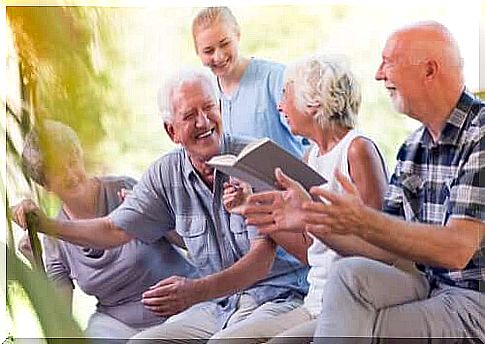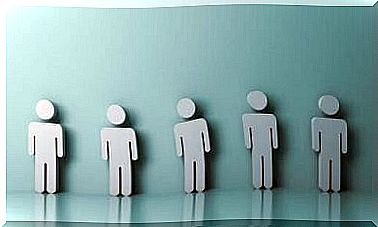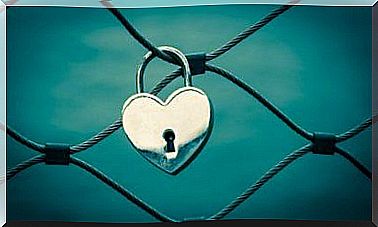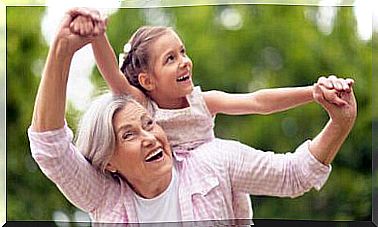When The Desperation To Urinate Becomes Too Strong
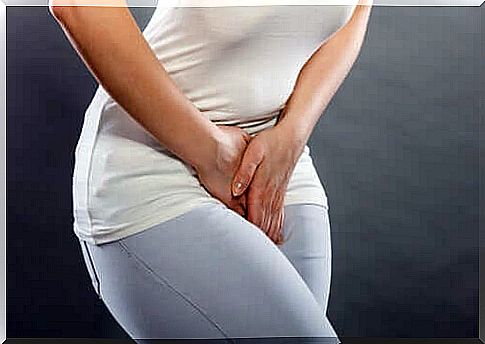
How many times have we attended a meeting that focused on an important topic and neglected (or didn’t realize) that we really wanted to urinate?
We get in the car, continue with the proposals of the meeting in our minds and listen to music until we reach our destination and park.
And that’s when we get out of the car and take out the keys to the house and of course the subject of the meeting has been left behind, that our urge to pee increases and we feel our bladder about to burst.
The 200 meters we have left to open the door to our house become endless. Yes, endless. We try to relax, to walk faster, but sometimes it’s ineffective. Next is the epicenter of desperation, the moment we insert the key into the building door, open, and, as Murphy’s Law states, the elevator is on the 12th floor.
Delaying the elevator causes the impending urination to be delayed by a few more minutes. The problem is, when it arrives and you approach it, the feeling of hopelessness increases until the keys are placed in the lock of what would then be the gates of Heaven.
The race to the toilet
We dive straight into the toilet and see nothing other than what we are looking for. A throne that ensures us to feel the immense pleasure of emptying our poor tortured bladder. And above all, the fact of not urinating on us.
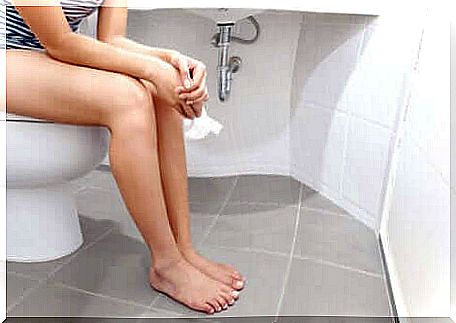
This same effect occurs with intestinal motility. Everything seems to go under the strictest control until we realize it and have no bathroom nearby. The problem is whether the alert of the need to empty the bowels lasts, because when it lasts, it increases.
This immediately increases anxiety and tension, the product of a conscious focus on the need. Even the most picky and obsessive people, who would never dream of going to a public toilet, due to the hopeless tension of the possible excremental catastrophe, go to any bathroom, clean, dirty, unsanitary, etc.
The desperate homecoming scene, like the example of a public toilet, applies to both needs. But the big question is: what is the reason for this urge to pee that increases as we get closer to the destination? What are the mechanisms that increase the desire to expel waste from our body? How are they activated? Let’s dig deeper.
We are a unit
Undoubtedly, there is a deep union between the physiological need, the organ (intestines and bladder), the mind and the brain, the focus of attention and vigilance, the situational context and the emotions (anxiety, tension, despair) which structure an ensemble that brings the previous scenes to life.
Even if it can be understood as a superficial questioning, this situation has a scientific explanation. More specifically neurophysiological, biochemical, emotional and cognitive.
We must now keep in mind that our way of thinking emphasizes the dissociation of the body on the one hand and the mind on the other. This is because the Cartesian dichotomy continues to persist among us like an endless germ.
However, neuroscience, more specifically psychoimmunoneuroendocrinology, has shown and demonstrated that we are body and mind. And that none of the systems, neither immune, nor endocrine, nor nervous, works separately. And it is here that we find an explanation for this phenomenon which could be considered a banal subject.
Science explains the desperation to urinate
There are a number of biochemical changes that take place as we get closer to the destination. In principle, the recognition and vigilance of our bladder or our intestines is complete. This concentration of attention accelerates the activated urge to evacuate. The more concentrated it is, the more it is activated.
On the other hand, the proximity of our house, which is the place where we find security and tranquility, accelerates the need. Without a doubt, it is a stressful situation which, added to the mechanisms of fear (to overcome it), activates adrenaline and cortisol and a whole set of stressful abdominal muscles and the proliferation of the obsession of go to the toilet.
In addition, the urgent sensation of urinating is also linked to the need to evacuate the intestines. This phenomenon shows the connection between the bladder, the intestines (rather the gastrointestinal system) and the brain. And if you can hold on, the bladder, for example, associates it when you get home and it activates the desire.
Some other explanations
When I think of the keys jingling while trying to open the door, I keep thinking of Pavlov’s bell. This phenomenon belongs to the group of conditioned reflexes, just like the Pavlovian experience.
This type of incontinence is comparable to the experiment conducted by Russian psychologist Ivan Pavlov, who fed a dog while ringing a bell. After a time of systematizing the experiment, he rang the bell but did not present the food, and observed that the dog was salivating despite the fact that there was no food.
If we draw a parallel with this experience, the same thing happens to people who have the urge to urinate. “We associate the bathroom with our physiological need and this activates our awareness of our physical sensations, which indicate that we want to go to the bathroom,” explains Dr Héctor Galván, director of the Institute of Psychology in Madrid.
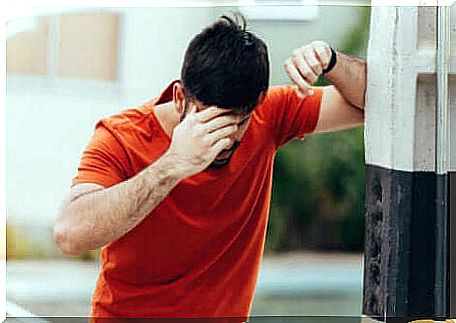
Ghei and Malone-Lee have identified 4 environmental factors that produce the urge to urinate. Getting up in the morning, the keys to the door of the house, the tap that lets the water and the cold run, differentiating the urgency from “I can’t take it anymore” from incontinence “oops, I did. Pee”. They also noted that worry and fatigue exacerbated these states.
For example, listening to the sound of running water is like urinating in the toilet. When we hear a noise similar to that of expelling urine, an immediate association occurs and causes an increase in the contractility of the bladder muscle (the detrusor).
On the other hand, three researchers from Columbia University (Victor, O’Connell, Blavias) conducted a pilot study to assess the environmental signals that can constitute conditioned reflex stimuli under these circumstances.
The results coincided in part with the studies by Ghei and Malone. First, getting up in the morning, second (88%), being on the way to a bathroom. In third (76%), have the bladder full and in fourth (71%) open the front door.
The need to urinate depending on the amount
We notice the need to go to the toilet to urinate being between 150 or 200 ml and when our bladder is very full it is possible that a sneeze, cough or laughter could cause leaks. Of course, not all is lost, it is possible to control the overwhelming desire to urinate.
You just need to calm down, reduce anxiety, don’t think you’re near the bathroom, and scramble or distract yourself with something else. All of this helps to control oneself. Of course, without overdoing it, because we have to take care of our bladder and bowels.
At the end of the day, it all plays out in our brains. Like a great commander, he models, constructs and deconstructs realities in a team game. A synergy involving the mind, the brain, the emotions, the cognitions and all the systems of the body.
